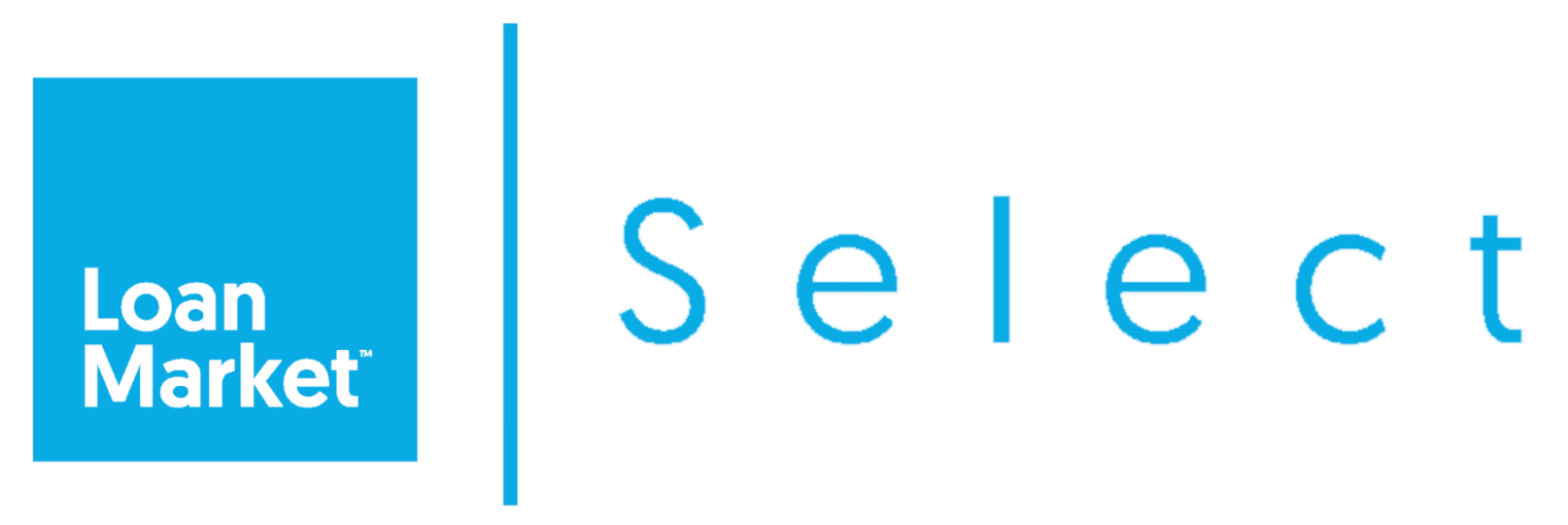Essential Guide to Home Loans for Sole Traders in Northern Beaches
This article is by Mortgage Brokers Northern Beaches. Just contact us if you need home loan help.
Securing a home loan as a sole trader in Northern Beaches, Sydney, can feel like a daunting task. With fluctuating income and a different set of financial documents compared to PAYG employees, the process requires a clear understanding of what lenders are looking for, including assistance from experienced mortgage brokers.
Fortunately, we’re here to break it down for you.
This guide will walk you through everything you need to know—from understanding the eligibility criteria to gathering the right financial documents. Plus, we’ll share real-time data on the Northern Beaches property market to help you make an informed decision. Whether you’re a first-time buyer or looking to refinance, this article has you covered.
Ready to dive in? Let’s get started.
Understanding Home Loans for Sole Traders
As a sole trader, your financial situation looks a bit different from that of a typical
PAYG employee. Unlike salaried employees who can show regular income through payslips, you’ll need to prove your income through a series of financial documents, such as business tax returns, personal tax returns, and bank statements.
Why Lenders See Sole Traders Differently
Lenders often view self-employed borrowers as higher risk due to irregular income and the complexities of business financials. This is especially true for those operating in Northern Beaches, where property prices can be steep.
Sole traders must provide more extensive documentation to prove they’re a reliable borrower and can handle regular loan repayments.
Key Financial Documents Needed
Before you even think about applying for a home loan, make sure you’ve got all your financial ducks in a row. Here’s what you’ll need:
- Personal Tax Returns: At least two years' worth.
- Business Tax Returns: Also two years’ worth, ideally.
- Notice of Assessment: From the ATO.
- Balance Sheets: These should reflect your business’s financial status.
- Bank Statements: Usually covering the last six months.
- Financial Statement: Detailing income and expenses.
- Loss Accounts: Any loss statements from previous years.
Lenders want to see that your business is viable and that your personal financial situation is stable enough to handle a home loan.
Northern Beaches Property Market: 2024 Overview
Before we delve further, it’s important to understand the current property market in Northern Beaches, Sydney. The median house price in the area has seen a steady rise, currently sitting around $2.1 million, according to
CoreLogic. This makes it crucial for sole traders to be well-prepared financially, as larger deposits and higher loan amounts are often required.
Domain also reports that demand for properties in Northern Beaches continues to grow, with a tight rental market pushing more residents to consider purchasing. Understanding these dynamics will help you better prepare for your loan application.
Types of Home Loans for Sole Traders
When you're self-employed, the options for securing a home loan might seem limited, but there are specific loan products tailored to meet your unique financial circumstances.
Whether you're running a small business, freelancing, or in a business partnership, choosing the right type of loan is crucial. Below are six home loan types that are particularly suitable for sole traders in Northern Beaches.
1. Low Doc Home Loan
A Low Doc Home Loan is ideal for self-employed people who may not have all the traditional financial documents that PAYG employees typically present. Instead of relying solely on tax returns, lenders will accept alternative income evidence such as business activity statements (BAS), bank statements, and sometimes a declaration of your actual income.
This type of loan is perfect for business owners who have a viable business but don't have the usual income documentation.
2. Variable Rate Home Loan
A Variable Rate Home Loan is a popular choice among sole traders because it offers flexibility in both repayments and interest rates. The interest rate can fluctuate with the market, meaning your repayments might go up or down during the loan term.
This option is particularly useful if you expect your taxable income to increase over time, allowing you to make extra repayments when business is booming. However, it’s important to note that rates can increase, so budgeting for potential rate hikes is crucial.
3. Fixed Rate Home Loan
If you prefer stability, a Fixed Rate Home Loan lets you lock in your interest rate for a set rate period, usually between 1-5 years. This ensures that your repayments remain consistent throughout the term, making it easier to manage your finances.
This loan type is suitable for self-employed people who want to avoid the unpredictability of a variable rate and prefer a set budget.
4. Offset Home Loan
An Offset Home Loan combines your savings and loan accounts, allowing you to reduce the interest payable on your loan. The balance in your savings account offsets the loan balance, lowering the interest you’re charged.
This loan product is ideal for sole traders with a good savings history or those who receive large but irregular payments, as it helps reduce the overall cost of the loan without requiring extra repayments directly into the loan account.
5. Interest-Only Loan
Interest-Only Loans are an option where you pay only the interest on the loan for a specified period, usually up to 5 years. This results in lower monthly repayments during the interest-only term but does not reduce the principal amount of the loan.
This loan type can be particularly beneficial for sole traders who expect their actual income to increase in the future or who have significant business liabilities that need to be managed first. However, it’s important to plan for the eventual increase in repayments once the interest-only period ends.
6. Secured Loan
A Secured Loan uses an asset, such as a residential or rental property, as collateral to secure the loan. This typically results in a lower interest rate compared to unsecured loans, making it an attractive option for business owners looking to borrow a larger amount.
The collateral provides the lender with security, which may also improve your borrowing power and reduce larger deposit requirements. Secured loans are common among self-employed people who have significant assets but irregular income.
Considerations for Sole Traders
When choosing the right loan, it’s important to consider factors such as the comparison rate, which reflects the true cost of the loan, including fees and charges.
Keep in mind that self-employed home loans often come with stricter credit criteria and documentation requirements, such as providing personal loans history, business activity statements, and evidence of savings history. Lenders will also assess your business liabilities and income stability to determine your borrowing power.
Don’t forget, professional advice from a mortgage broker who understands the Northern Beaches market can help you navigate residential lending options and find the best loan settlement terms that align with your financial goals.
Case Study: Securing a Home Loan in Northern Beaches as a Sole Trader
Background: Sarah, a freelance graphic designer, has been running her own business in Northern Beaches for the past three years. Her income varies month to month, and while she’s successful, she’s concerned about her ability to secure a home loan.
The Challenge: Sarah needed a lender who would consider her irregular income and business financials, rather than just dismissing her application because she doesn’t have a regular salary.
The Solution: After consulting with a mortgage broker, Sarah provided comprehensive financial documents, including her business tax returns, balance sheets, and a clear explanation of her business’s viability. The broker helped Sarah find a lender willing to offer her a competitive variable home loan interest rate.
Outcome: With a larger deposit and solid financial documentation, Sarah was able to secure her dream home in Mona Vale with a 3-year fixed rate home loan.
Tips for Improving Your Chances of Loan Approval
Securing a home loan as a sole trader can be challenging, but these tips can boost your chances.
- Organise Your Financial Documents: Ensure all your financial paperwork—like tax returns, income statements, and BAS—are up-to-date and accurate. Lenders want to see a clear financial picture.
- Show a Strong Savings History: Demonstrate financial responsibility by maintaining a consistent savings history. Regular contributions to your savings show lenders you can manage your money well.
- Reduce Debts: Lower your existing debts, such as personal loans and credit cards. This improves your debt-to-income ratio and increases your borrowing power.
- Keep a Good Credit Score: Maintain a strong credit score by paying bills on time and avoiding new credit applications. A higher score boosts your chances of approval and better interest rates.
- Save for a Larger Deposit: A bigger deposit—ideally 20% or more—reduces lender risk and helps you avoid Lenders Mortgage Insurance (LMI). It also strengthens your application.
- Consult a Mortgage Broker: Work with a mortgage broker, such as Mortgage Brokers Northern Beaches, who specialises in loans for self-employed borrowers. They can find the right loan products and guide you through the process, increasing your chances of approval.
FAQs
Can I get a home loan with irregular income?
Yes, but it may be more challenging. Lenders will look at your overall financial situation, including income statements and business financials, to assess your ability to make regular repayments.
How much deposit do I need as a sole trader?
While the typical deposit is 20%, having a larger deposit can improve your chances of approval and help you avoid paying Lenders Mortgage Insurance (LMI).
Will my credit history affect my application?
Absolutely. A good credit score can significantly improve your chances of securing a favourable loan rate. Make sure your credit history is clean and up to date.
Can I refinance my home loan as a sole trader?
Yes, refinancing is possible. However, you’ll need to go through a similar documentation process as when you first applied. A mortgage broker can help you find the best refinancing options.
Is it harder for sole traders to get a home loan?
It can be, but it’s not impossible. The key is to provide thorough financial documentation and seek advice from a mortgage broker to improve your chances of approval.
Wrapping Up
Getting a home loan as a sole trader in Northern Beaches is absolutely possible with the right preparation and guidance. By understanding your options, getting your financials in order, and working with a knowledgeable mortgage broker, you can confidently move forward in your home-buying journey.
Ready to take the next step? Contact our team at
Mortgage Brokers Northern Beaches or call
0403 316 686 today. We're here to help you find the best home loan solution tailored to your needs.
Liked the article, but have some questions? We're here to help!
We're here to help you secure a better home loan, refinance or invest - just get in touch below.


